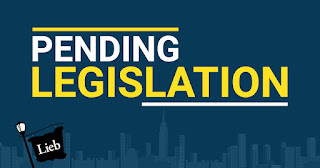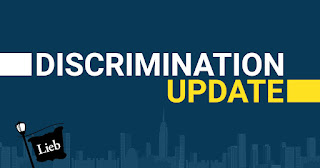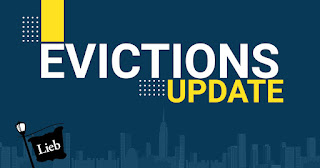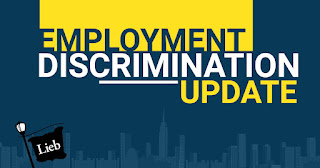The Town of Southampton has issued a new compliance protocol (Town Code at Chapter 262) for Foreclosure Plaintiffs in response to an increase in crime and deterioration in property appearance.
The new law sets forth a Registration Scheme with new maintenance obligations:
- Homes are to kept free and clear of weeds, overgrown brush, trash, dead vegetation, debris, etc.
- No graffiti
- Requirements for watering, irrigation, cutting and mowing of lawn
- Pools and spas to be clear of pollutants and debris
- Locked windows, doors, and gates
- Repairs to broken windows, doors, and gates
- Designation of a property manager to maintain and perform necessary work
Penalties & Fines include:
- $1,000 fine or up to 15 days in jail (or both), for each violation
- $1,000-$5,000 fine or up to 15 days in jail (or both) for a second or subsequent violation
- $150 for first day of violation, $250 for second day of violation, $500 for third day of violation and continuing.



























